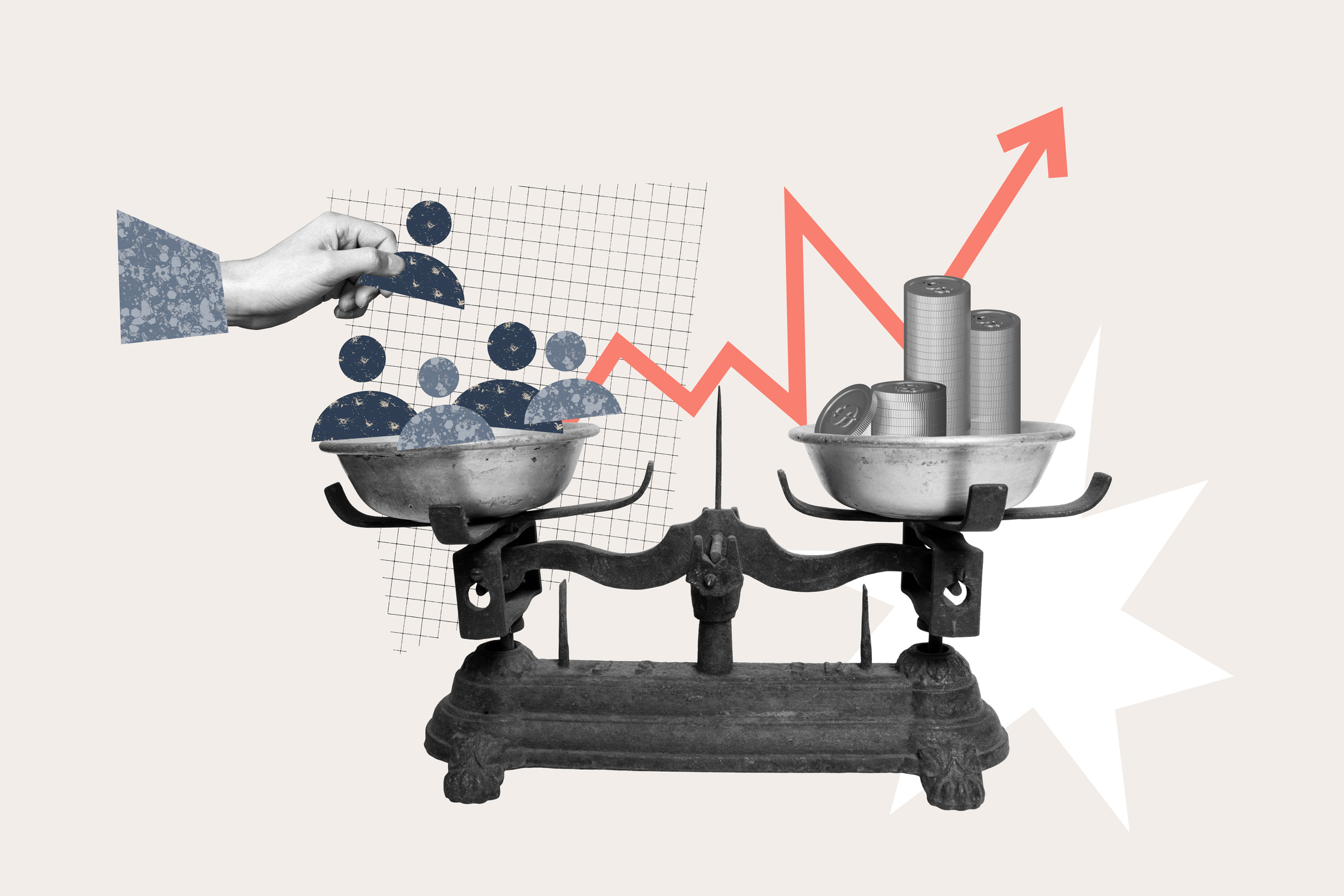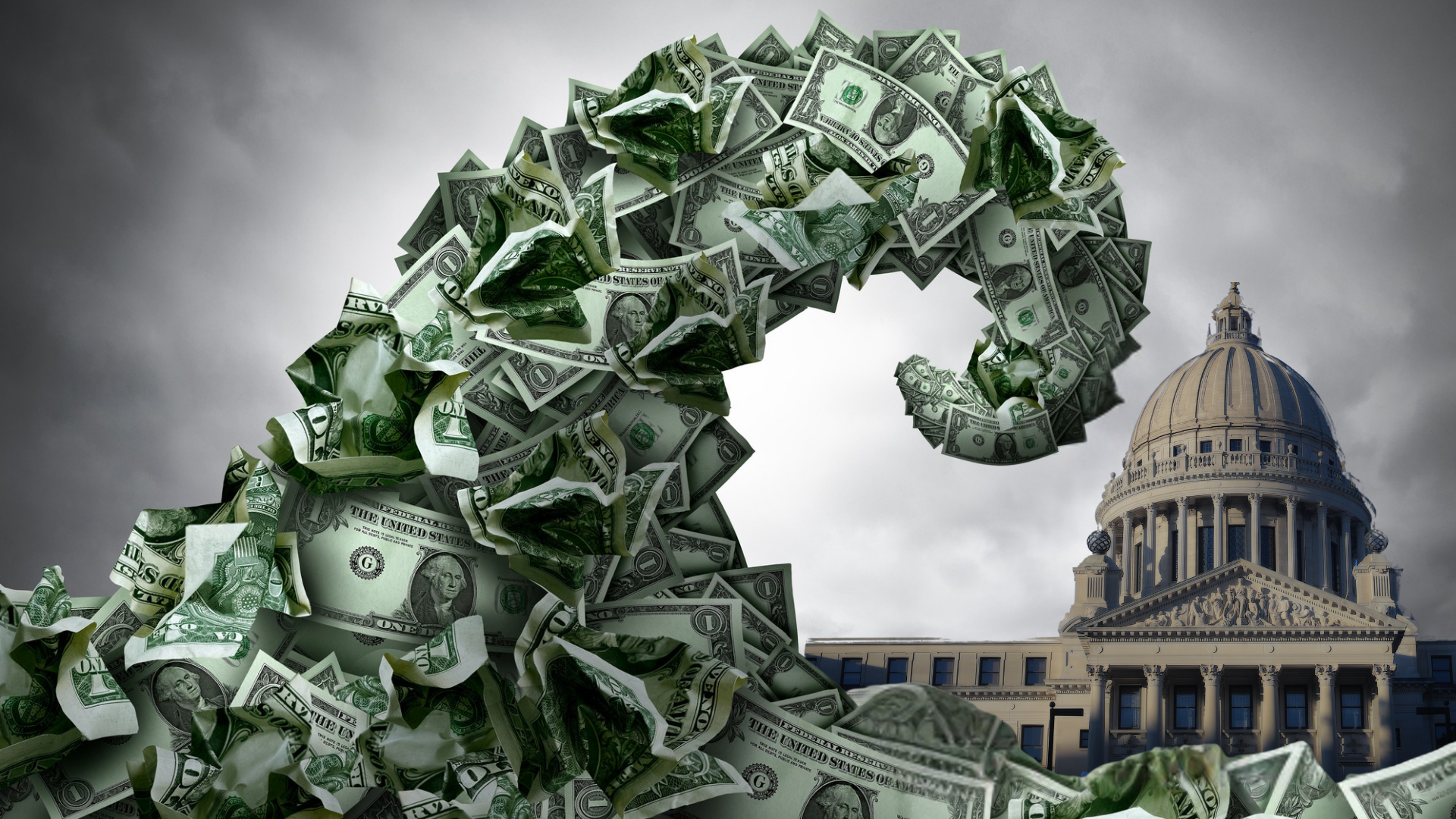Key Findings
- Washington voters have twice adopted ballot measures to repeal taxes on food items.
- If enacted, Initiative 1634 would ban local discriminatory food taxes, such as a tax on soda distribution.
- Taxes on soda drinks are regressive and disproportionately impact low income families.
- Initiative 1634 would not prohibit possible discriminatory food taxes at the state level.
- Initiative 1634 is not the first effort to ban local food taxes in the country. Bans were recently enacted in California, Arizona and Michigan and one is being considered by voters in Oregon.
Introduction
In November the people of Washington will vote on Initiative 1634. If enacted, the measure would work as a restriction on imposing discriminatory food taxes, such as a tax on soda distribution. Under current law, local governments are not able to place a sales tax on food items (with few exceptions).
As demonstrated by Seattle’s new soda tax, however, cities do currently have the authority to impose a “privilege tax” on the distribution of food products. Initiative 1634 would close this loophole at the local level. A “yes” vote on Initiative 1634 would prevent new local discriminatory food taxes. It would not prohibit new discriminatory food taxes enacted at the state level.






